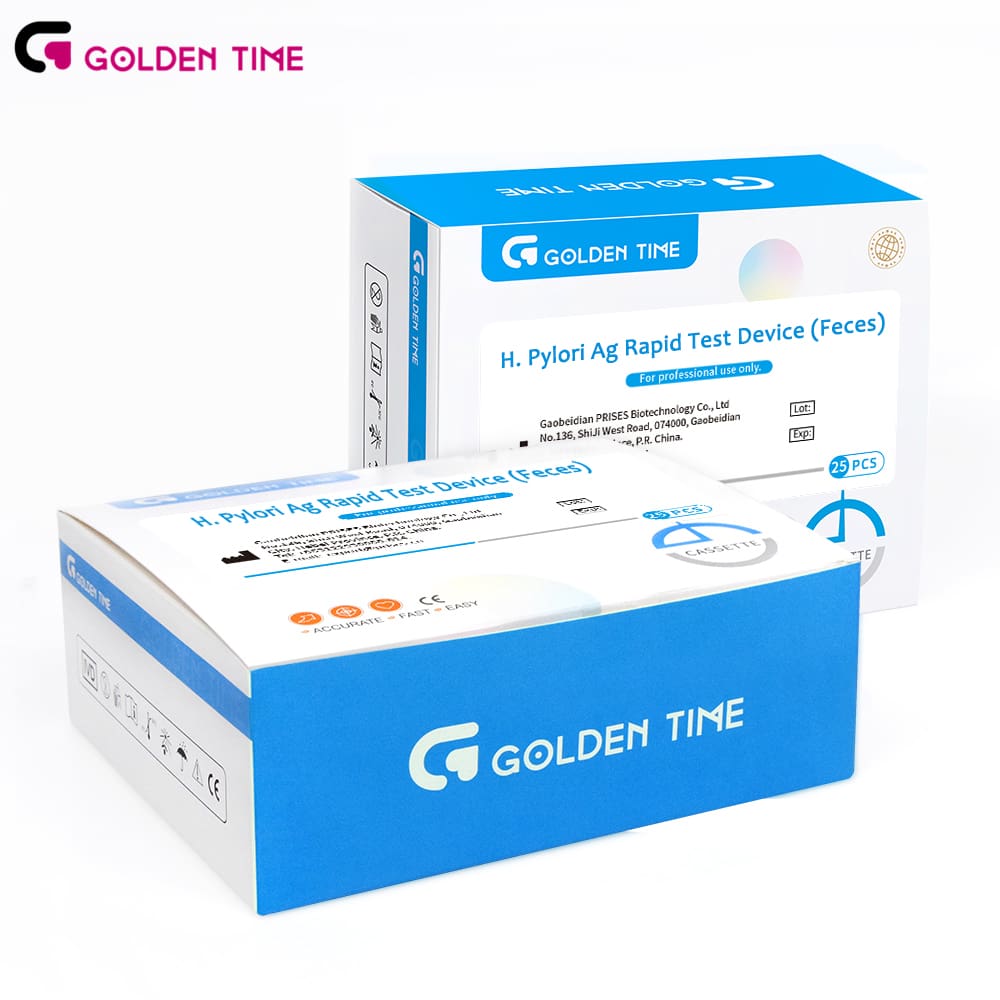nov . 26, 2024 02:15 Back to list
Hepatitis C Screening Products and Manufacturers Overview for Effective Detection Solutions
Understanding Hepatitis C Screening A Focus on Manufacturers
Hepatitis C is a viral infection that primarily affects the liver and can lead to serious health complications, including liver cirrhosis and cancer. The global health community recognizes the importance of early detection and treatment, making hepatitis C screening an essential public health strategy. Various manufacturers have developed screening tools, significantly influencing the landscape of hepatitis C diagnosis.
Understanding Hepatitis C Screening A Focus on Manufacturers
Several leading manufacturers have emerged in this field, each contributing unique solutions for hepatitis C screening. Companies such as Abbott, Roche, and Siemens have introduced state-of-the-art serological tests that detect antibodies to the hepatitis C virus (anti-HCV). These tests are known for their high sensitivity and specificity, reducing the likelihood of false positives and negatives. Additionally, the introduction of nucleic acid tests (NAT) has revolutionized screening by directly detecting the presence of the virus in the blood, which is crucial for diagnosing active infections.
hepatitis c screening manufacturer

One of the challenges faced by the healthcare community is ensuring that screening reaches high-risk populations effectively. Manufacturers have increasingly focused on creating user-friendly devices that can be utilized in various settings, from hospitals to community clinics. Mobile testing units equipped with these advanced screening technologies have been deployed in many regions, making it easier to reach marginalized groups who may not otherwise seek testing.
Moreover, manufacturers are collaborating with public health organizations to raise awareness about hepatitis C screening. Educational campaigns emphasize the importance of regular screening, particularly for individuals with risk factors such as intravenous drug use, blood transfusions prior to 1992, or those with liver disease. By increasing awareness, manufacturers also aim to destigmatize the testing process and encourage more individuals to seek screening.
Looking toward the future, continued innovation in hepatitis C screening is essential. Manufacturers are investing in research and development to enhance existing testing methods and explore next-generation technologies, such as home-based testing kits. These kits could empower individuals to screen themselves, further increasing participation rates and leading to earlier diagnosis and treatment of hepatitis C.
In conclusion, the role of manufacturers in the hepatitis C screening landscape is pivotal. Their contributions to developing rapid, accurate, and accessible testing options are transforming how healthcare providers approach hepatitis C detection. With ongoing collaboration and innovation, the goal of eliminating hepatitis C as a major public health concern becomes increasingly attainable. Regular screening paired with effective treatment strategies can significantly reduce the burden of this disease, ultimately improving health outcomes on a global scale.
-
Dengue NS1 Rapid Diagnostic Test Kit
NewsMar.07,2025
-
Dengue NS1 Rapid Diagnostic Test Kit
NewsMar.07,2025
-
Dengue NS1 Rapid Diagnostic Test Kit
NewsMar.07,2025
-
Transferrin Rapid Test Cassette Tumor Marker TF Card
NewsMar.07,2025
-
Malaria Pf Pan Rapid Diagnostic Test Kit
NewsMar.07,2025
-
malaria pf / pan ag rapid test
NewsMar.07,2025

